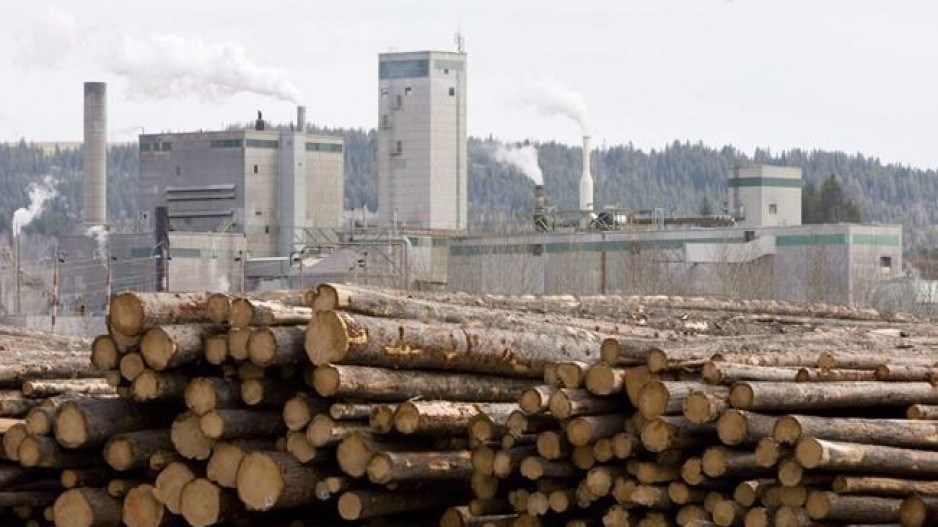The U.S. Commerce Department erred when in its most recent setting of anti-dumping duties on Canadian softwood lumber, a NAFTA panel has ruled.
At the end of July, the U.S. Commerce Department set the combined dumping duty rate for Canadian softwood lumber at 8 per cent.
sa国际传媒 contested the duties, and the North American Free Trade Agreement (NAFTA) Chapter 19 panel has now ruled in sa国际传媒’s favour, according to Mary Ng, Minister of Export Promotion, International Trade and Economic Development.
“sa国际传媒 is pleased that the NAFTA dispute panel agrees that elements of the U.S. dumping determination are inconsistent with U.S. law,” Ng said in a press release. “These duties are unwarranted—the only fair outcome is for the United States to revoke all duties on Canadian softwood lumber without further delay.
“The panel directed the U.S. Department of Commerce to review key aspects of its determination.”
"Today, a NAFTA panel determined that the U.S. Department of Commerce erred in how it calculated important aspects of the anti-dumping duties applied to Canadian softwood lumber exports,” sa国际传媒 Minister of Forests Bruce Ralston said in a press release.
“It is encouraging to see the NAFTA panel agree with the extensive evidence to support sa国际传媒's claims, and direct the U.S. Department of Commerce to revisit key elements of its decision. Alongside the Government of sa国际传媒, we remain steadfastly committed to the view that all U.S. softwood lumber duties are unfounded.
"Time and again, neutral third-party reviews of the softwood lumber dispute have confirmed these duties are unjustified. While we continue to provide markets around the world with the highest-quality timber, U.S. duties are hurting people on both sides of our shared border, increasing material costs for Americans, and creating uncertainty for forestry professionals and communities here at home."

